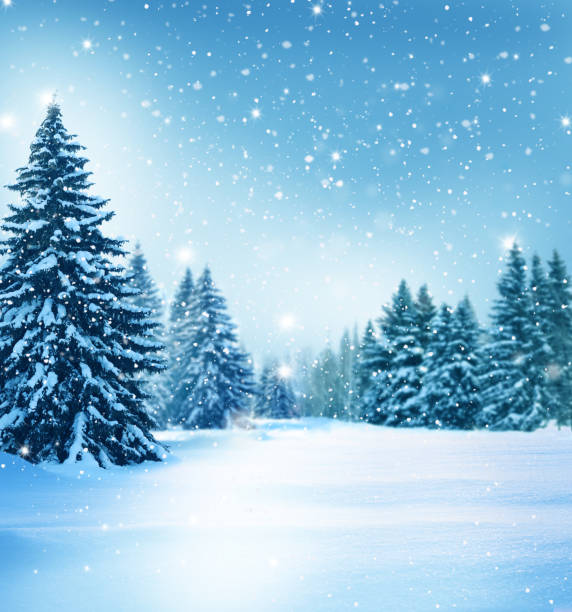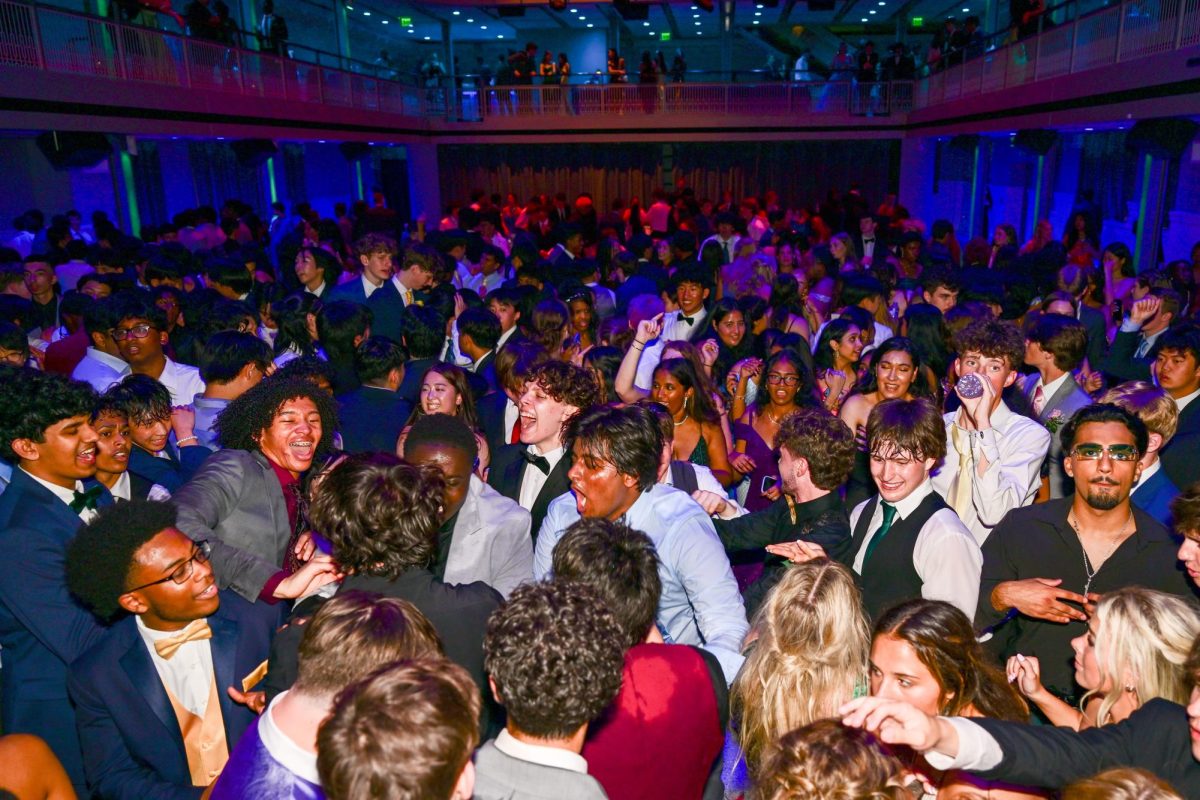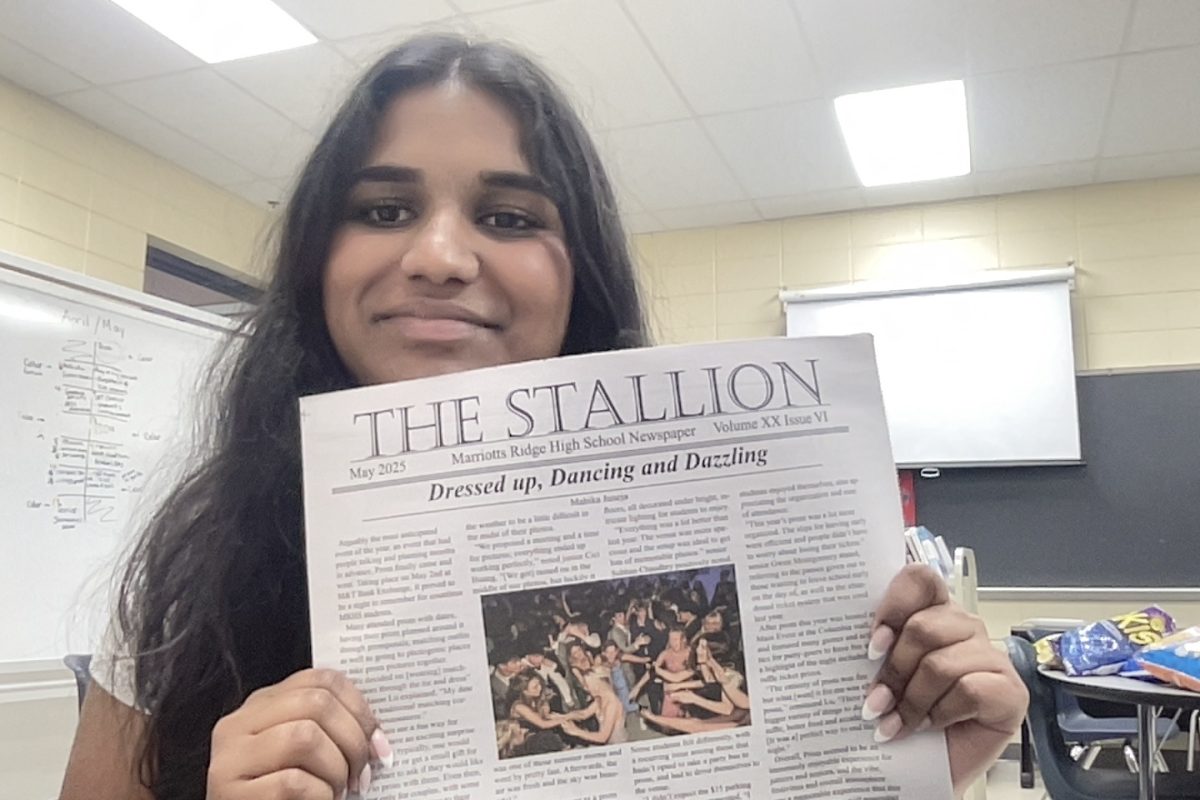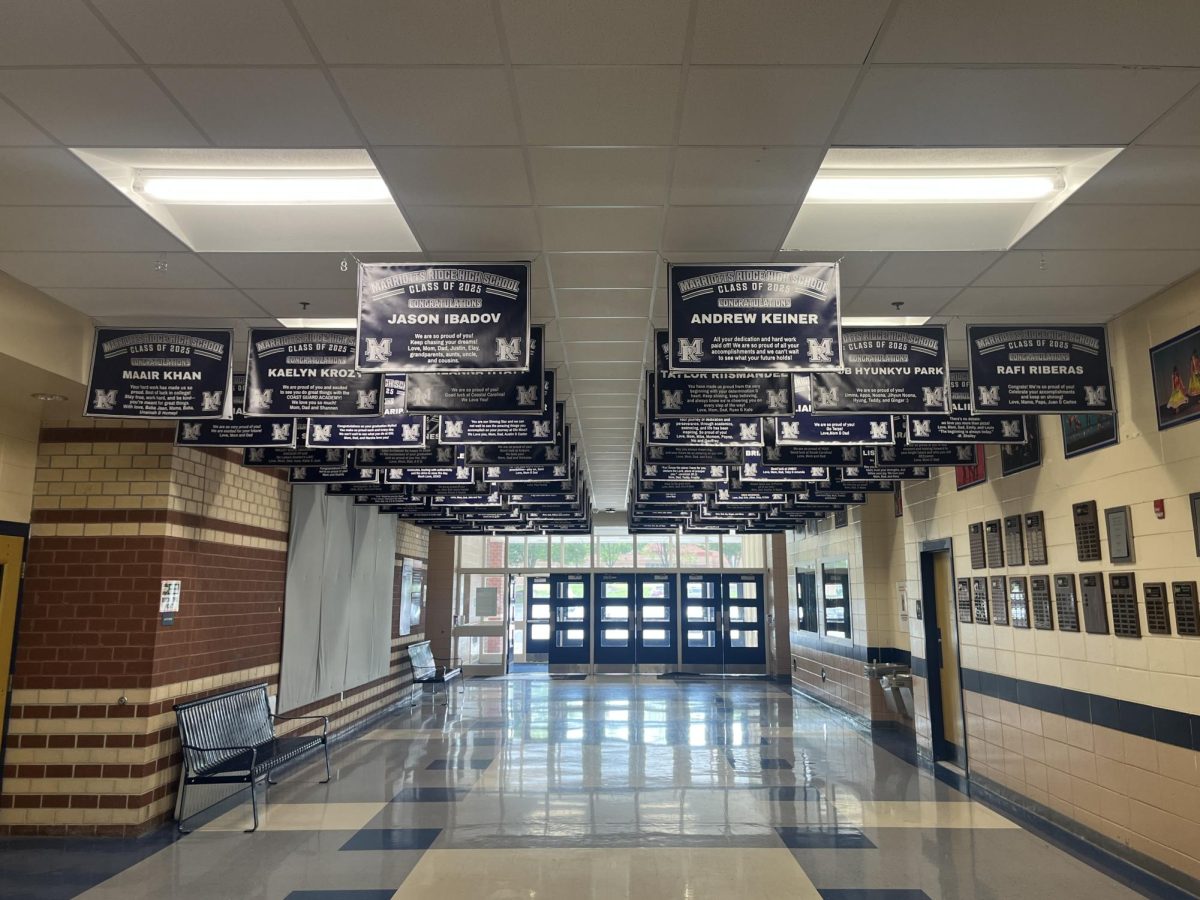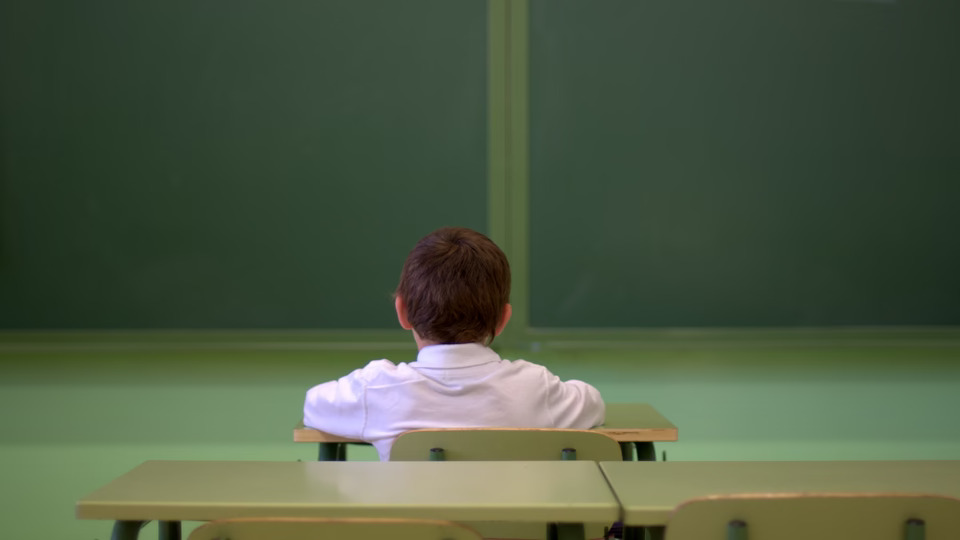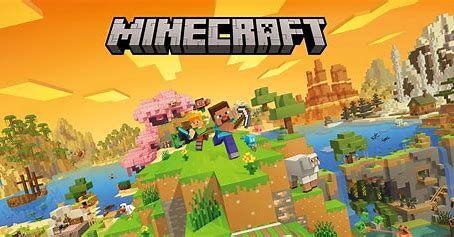Christmas, New Year’s, Hanukkah, Kwanzaa and Diwali mark a heartwarming merging of celebrated holidays near the end of the year that illuminates a variety of diverse cultures. Through these cherished holidays, friends and families get together to celebrate their holiday traditions. Each of these winter celebrations embodies unique traditions from different cultures and religions, each having its plans on how to spend this season’s magic.
“One tradition that I have for Christmas is going to a big family dinner, which is special to me because I love getting to see all my family together,” freshman Charlotte Koenig expressed.
Christmas, a well-known holiday celebrated by Christians, takes place on December 25th. Every family celebrates this special holiday differently with their own unique traditions. However, there are a few popular customs that most Christians take part in, such as setting up Christmas trees with a sparkling array of ornaments, as well as exchanging presents with loved ones. The tradition of attending a huge family dinner during Christmas is a cherished tradition. The atmosphere of togetherness is created through laughter, love and shared memories. The joy of reuniting highlights the bonds that create the magical season.
New Year is a globally celebrated holiday marked by gatherings of families and friends who get together and count down to the new year. One prevalent custom many Americans participate in would be creating New Year’s resolutions, where people set personal goals to achieve throughout the year. By the end of the year, they would reflect on their progress towards their goals to see how much they grew as a person. Then, on the following New Year’s, they would repeat the process and create a new set of goals. Another cherished tradition would be the New Year’s kiss, which symbolizes how a couple looks forward to spending the next New Year together. New Year’s is an exciting anticipated holiday that many people look forward to with the promise of spending the coming year with the people they love and care about.
“For New Years, I usually go out for a party, and it’s special because I get to spend time with my family and friends. I also really enjoy New Year’s because I get to reflect on last year’s resolutions, and I get to make new ones,” sophomore Cameron Marbray described.
Hanukkah, or The Festival of Lights, is a deeply felt holiday for Jewish communities across the globe. The eight-day event, which usually takes place in December, is a time for unity, joy and introspection. The menorah, a nine-branched candelabrum, is lit as a part of the main Hanukkah tradition. To celebrate the miracle of the oil in the ancient temple, which burned for eight days when there was only enough oil for one, one extra candle is lit each night. Families get together to enjoy traditional dishes like latkes and sufganiyot, sing songs and exchange blessings. As a reminder of the reliance of the Jewish people, it is time for reflection, thankfulness and strengthening ties to the community and family.
“I’m excited to celebrate Hanukkah with my family and have a great time. I’m really excited to light the candle because it’s really special to me since we do it every year and it’s kind of a tradition,” sophomore Sophia Feldman recounted.
Many people in the African community celebrate Kwanzaa, a unique festival that emphasizes community, solidarity and culture. Established by Dr. Maulana Karenga in 1966, the event took place over seven days, with each day devoted to a distinct philosophy. Families gather to light the Kinara, a seven candelabra candle holder that represents the beliefs. The Mkeka and Kikombe cha Umoja, two traditional symbols utilized in celebrations, serve to reinforce the Kwanzaa beliefs. In order to promote a feeling of identification and belonging, it’s time for reflection, storytelling and celebrating African ancestry.
Diwali, is a significant occasion that is widely observed in India and among the Indian community worldwide. Its complexity, which combines social, cultural and religious components, accounts for its significance. Diwali is a Hindu celebration that symbolizes the victory of good over evil and light over darkness. Different cultures and areas have different myths associated with them. Oil lamp lighting, fireworks and vibrant decorations all stand for the rejection of ignorance and the embrace of knowledge. In addition to its religious significance, Diwali is a time when families and friends get together to give presents, share special feasts and make stunning rangoli designs.
“We also celebrate Diwali to celebrate the birth of Goddess Lakshmi, another important god in our culture,” junior Saloni Patel described.
During the last few months of the year, holidays like Christmas, New Year’s, Hanukkah and Diwali bring people together to celebrate the diversity of cultures and customs. Traditions like Christmas meals and New Year’s resolutions are sure to bring a smile to the face of any participant. The Festival of Lights and the colorful celebrations of Diwali hold a special place in the hearts of everyone who celebrates. These holidays provide an opportunity to deepen ties with one’s heritage and emphasize harmony and joy throughout all cultures and religions.
Categories:
This Season’s Magic: Winter Holidays Around the Corner
Beautiful winter landscape with snow covered trees.Christmas background
More to Discover
About the Contributors
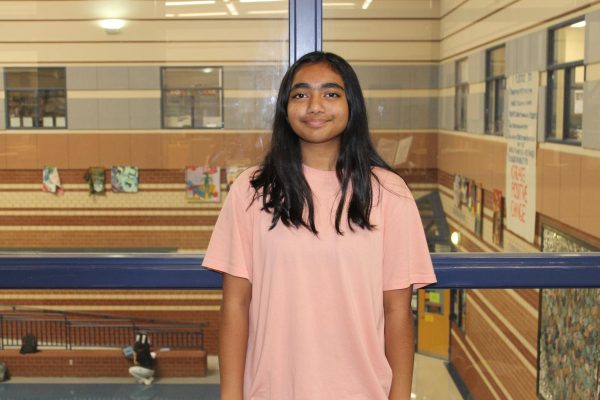
Shaila Uddin, Staff Writer
Hi, my name is Shaila, and I’m a sophomore. This is my first year of journalism and I’m excited to learn new things and improve my writing skills. I also love hanging with my friends and listening to Taylor Swift.
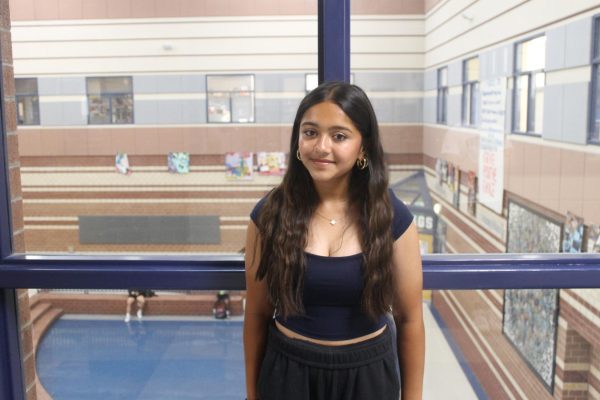
Mahira Rahman, Staff Writer
My name is Mahira Rahman, and I am a junior. This is my second year of journalism, and I am excited to continue writing articles and learning new things. Some things I enjoy are hanging out with my friends, traveling, and playing on the MRHS Girl’s Soccer team.


